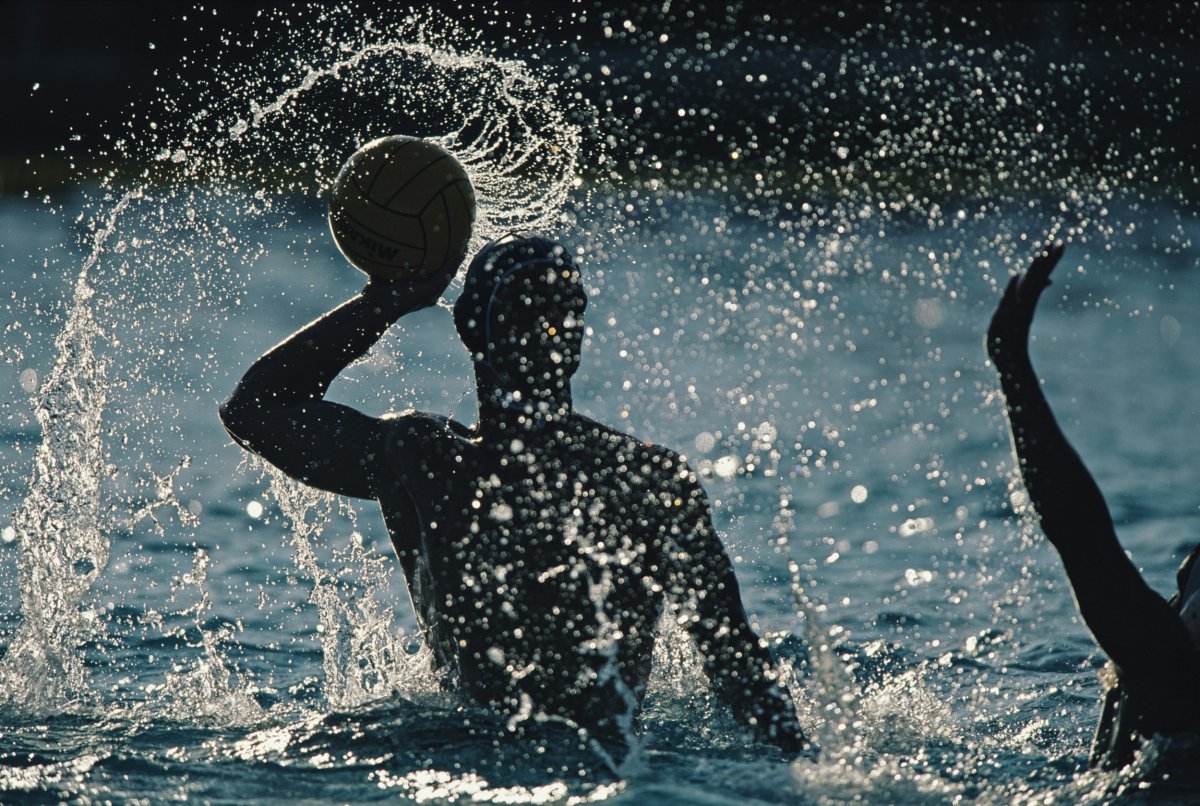I recently chaired a panel at the first conference of human enhancement at the House of Lords in the U.K. Parliament. Sponsored by Lord Stone of Blackheath, it was organized by Enhanced Games, a new organization that aims to outdo the Olympics by putting on sport events where athletes enhance themselves with drugs to compete better than their natural abilities.
With high-net-worth investors like Peter Thiel, Christian Angermayer, and Balaji Srinivasan, as well as significant media coverage, Enhanced Games has been making controversial waves in the world of sports. Sebastian Coe, president of World Athletics, recently belittled the idea by calling it "moronic." Despite resistance, the Enhanced Games has managed to secure some athletes promising to compete in the new type of sporting field: one where doping is encouraged. Notably, once-world champion swimmer, James Magnussen, said he'd "juice to the gills" to break the 50 meter freestyle world record.
The Enhanced Games' goal is to host its first events—weightlifting, wrestling, swimming, track and field, and combat—in 2025, and it's already been in talks with networks on multi-million dollar broadcasting rights. If they succeed, they will be the first high profile games that openly endorse doping as a strategy, and not as something illegal, as it is in nearly all other competitions.
I've written about the possibility of enhanced sporting games for over a decade, including the Cybathlon, sometimes called the Cyborg Olympics. But whereas the Cybathlon aims to use mostly powered apparatuses for disabled athletes to compete against each other, the Enhanced Games aims to focus on using drugs for both regular and paralympic athletes.
Traditionally, drugs have received an abominable name in sports. Some athletes' reputations have been ruined when they've been caught using them—and million dollar endorsements were canceled. On my panel was Columbia professor Dr. Carl Hart, a pro-recreational enhancements academic who made a powerful point: recreational enhancement users are frequently discriminated upon. He said drugs are publicly seen as deeply negative, something he believes is a lingering remnant of the failed Reaganesque "Just Say 'No'" anti-drug campaign.
Dr. Aron D'Souza, founder of the Enhanced Games, said at the conference, "Growing up as a gay person, I know exactly what it's like to be discriminated against. One day we'll also stop discriminating against those who choose to enhance their bodies using scientific and medical technologies, both in competition and in the public."

Athletes face this same punishing discrimination. And many of them know it's nearly impossible to compete at a high level without drugs. In one study, 44 percent of athletes were said to have used enhancing drugs, despite only approximately 2 percent ever being caught. A keynote speaker at the House of Lord's human enhancement conference said that over 50 percent of high level marathon runners in Kenya have used some type of enhancement to compete more successfully.
In fact, according to some reports, nearly all the main medal winning countries in the Olympics have significant swaths of athletes who are taking drugs.
The Enhanced Games wants to bypass this controversy and stop being a police officer in sports. It aims to let athletes take their fate into their own hands. It also knows the public would be interested in seeing how far human athletes can go—to witness the full capability of the human body.
Antagonists of the Enhanced Games say it will be dangerous. Some insist athletes will overdose and possibly die while competing. D'Souza said these fears are overblown. The Enhanced Games will also have some regulations, including pre-competition tests that show an athlete is healthy to compete, regardless of what they're on.
Many athletes don't seem to mind the risks. That's partially because they're being offered large financial sums to compete. Magnussen was offered $1.5 million dollars to try to break the 50-meter freestyle world record, and he appeared quite happy with that sizable amount of money. Furthermore, many athletes have already been taking enhancements, so now they'd just be out in the open about it.
As society is constantly being introduced to all sorts of new technologies—innovation and science that improves and alters the lives of humanity—it would seem ignorant to not try to see how far human capability can go when enhanced. It's time to push the human being further and let it start creating new world records for athletes who are improving their competitive level with enhancements. It's also time to start down the path of stopping discrimination and reputation-busting against drug users in sports.
A more open-minded approach to sporting events and athletes is needed. Enhanced games could be just the breakthrough many of us have been waiting to see.
Zoltan Istvan writes and speaks on transhumanism, artificial intelligence, and the future. He is the author of The Transhumanist Wager, and is the subject of the forthcoming biography by Dr. Ben Murnane and Changemakers Books titled, Transhuman Citizen: Zoltan Istvan's Hunt for Immortality.
The views expressed in this article are the writer's own.
Uncommon Knowledge
Newsweek is committed to challenging conventional wisdom and finding connections in the search for common ground.
Newsweek is committed to challenging conventional wisdom and finding connections in the search for common ground.
About the writer
To read how Newsweek uses AI as a newsroom tool, Click here.








